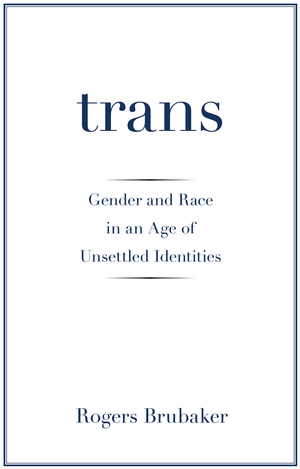For Affirmative Action, Brazil Sets Up Controversial Boards To Determine RacePosted in Articles, Audio, Brazil, Caribbean/Latin America, Law, Media Archive, Politics/Public Policy on 2016-09-29 20:17Z by Steven |
For Affirmative Action, Brazil Sets Up Controversial Boards To Determine Race
Parallels: Many Stories, One World
National Public Radio
2016-09-29
Lulu Garcia-Navarro, South America Correspondent
When the test scores came out, Lucas Siqueira, 27, was really excited. His high mark on the Foreign Service exam earned him a coveted position at Brazil’s highly competitive Ministry of Foreign Affairs.
“They hire 30 diplomats a year and thousands of people sign up,” he says in fluent English from his home in Brasilia, the capital.
It was, he says, a great day.
Siqueira considers himself to be mixed race, known in Brazil as pardo, or brown.
“I consider myself to be a very typical Brazilian and I’ve always been very proud of it. In my dad’s family, my grandfather is black, my grandmother has Indian and white roots. And on my mother’s side they are mostly white, mostly Portuguese,” he said.
How he defines himself matters because he was required to self-identify on his application. In 2014, the government introduced a quota system for federal jobs. The affirmative action regulations require that 20 percent of all government positions be filled by people of color — either black or mixed race.
 Lucas Siqueira identified himself as mixed race on his application for a job at Brazil’s Ministry of Foreign Affairs. The government decided he wasn’t, and his case is still on hold. As part of the affirmative action program in Brazil, state governments have now set up boards to racially classify job applicants. Courtesy of Lucas Siqueira |
The problem came once the announcement of the appointments was made public…
…Wide disparities
The legacy of the period can still be felt today. Even though the majority of the population is of African descent, only 5 percent of Afro-Brazilians were in higher education as recently as 10 years ago. Because of affirmative action, that number is now 15 percent. Vaz says these are hard won gains, but there is a long way to go.
“Only 5 percent of executives are black in Brazil, politicians, diplomats, all things, so the black people don’t access the space of power in my country. This is the real issue we have,” he says.
In the U.S., race is still largely determined by parentage because of the history of the “one drop rule,” where white institutions historically deemed a person black if they had even one drop of black blood.
In Brazil, he says, the criteria is different. Skin tone matters more than race, because so much of the population is mixed…


